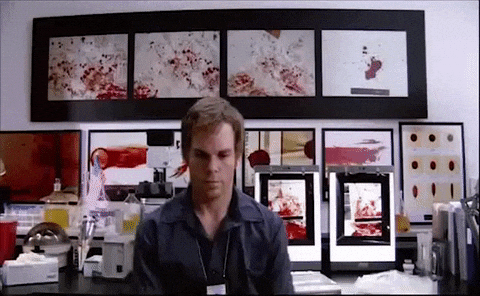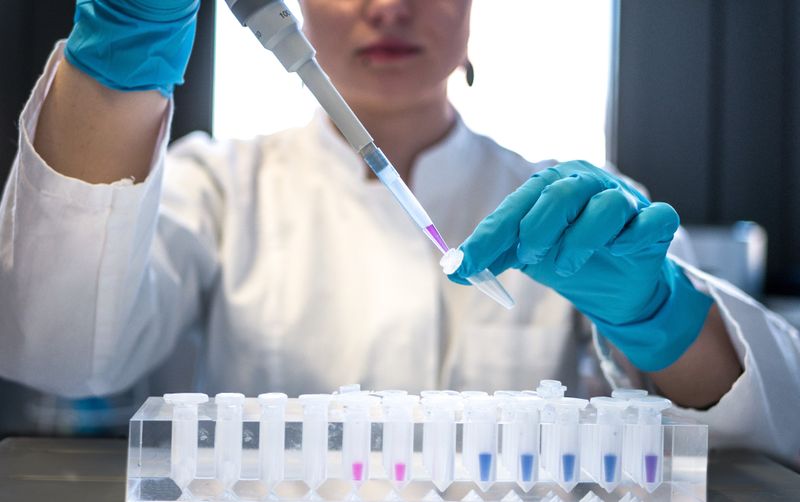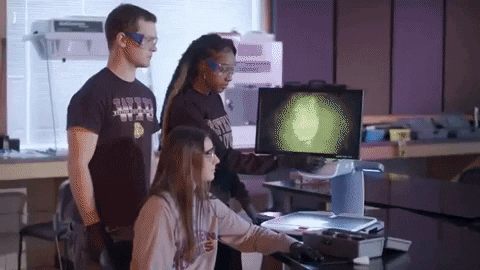Do you have a passion for science and a desire to find truth and seek justice in legal proceedings?

Then a career as a forensic scientist may be for you!
What Do Forensic Scientists Do?

Forensic scientists, sometimes called criminalists or crime scene investigators, do many important tasks, which may include:
Collecting evidence, which may include weapons, fingerprints, bodily fluids, or digital data. ✔️
Analyzing physical and digital evidence collected from a crime scene. 🔎
Providing expert testimony before and during trials. ⚖️
Photographing or making sketches of the crime scene and evidence. 📷
Accurately documenting findings of investigations. 📋
Quiz
What types of crimes or incidents might a forensic scientist investigate? Select all that apply:
How Do I Become A Forensic Scientist?
 Photo by Julia Koblitz on Unsplash
Photo by Julia Koblitz on UnsplashYou will need:
A bachelor's degree in science.
An advanced degree or specialized training (Masters, Ph.D.) for some jobs in the field.
Good speaking skills, as you may be called on to testify in court.
Excellent note-taking and observation skills.
The ability to write a scientific report.
The ability to remain unbiased and maintain personal and professional integrity.
How Much Does A Forensic Scientist Earn?
 Average pay in the US:
Average pay in the US:
$62,570/year or $31.29/hour
 Average pay in Canada:
Average pay in Canada:
C$63,100/year or $31.55/hour
Take Action

Does forensic science sound like an exciting career for you? Explore more:
Your feedback matters to us.
This Byte helped me better understand the topic.
